Great style is a form of protest, a revolt against the systems that oppress and torture us all every day—white supremacy, misognyny, transmisogyny, patriarchy, toxic masculinity, gender policing, racism.
– Madison Moore, Fabulous: The Rise of the Beautiful Eccentric


I confided in my mum about my writer’s block, and she said: Write with no rules. Write the same thing over and over again until it becomes something else—or doesn’t. We are always trying so hard to be coherent in a world that makes nonsense out of us. Give yourself permission to be incoherent.
And something cracked open. I started thinking about what it has meant for me to be made nonsense of—to be judged through condemnatory eyes, to have that Black experience of being simultaneously seen and unseen, the prickling sense of being constantly observed and yet unrecognised. How to challenge the judge?
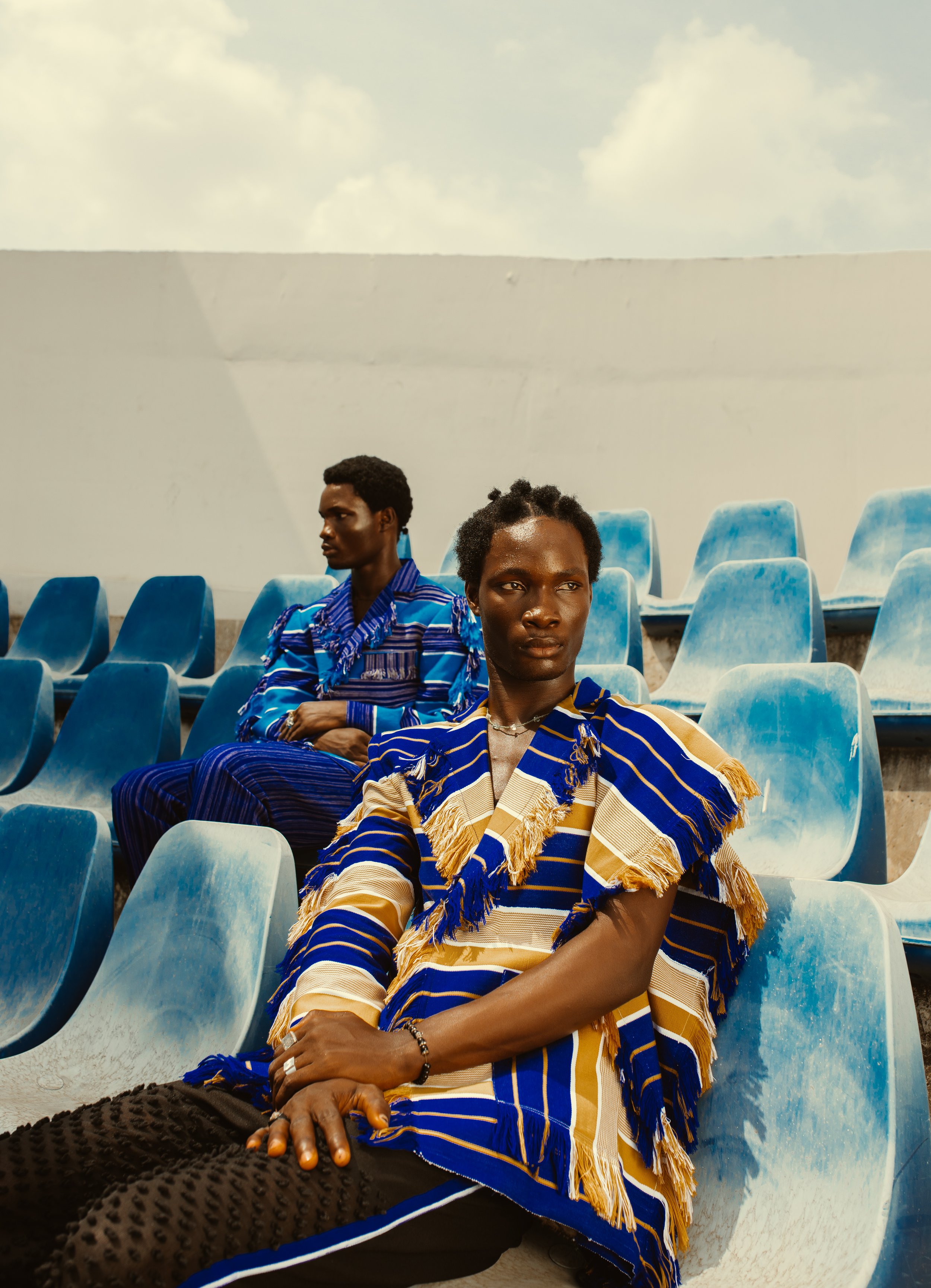



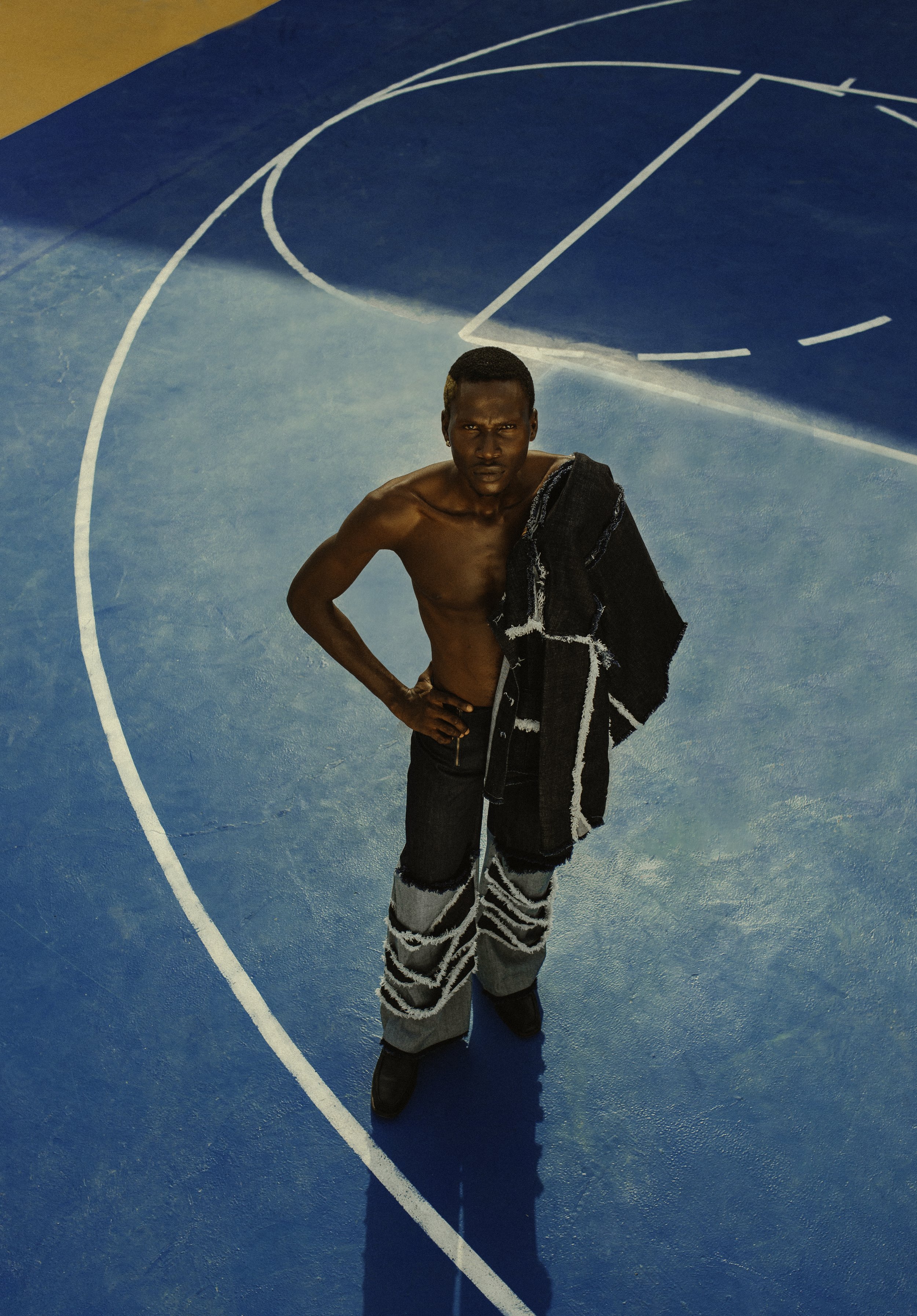

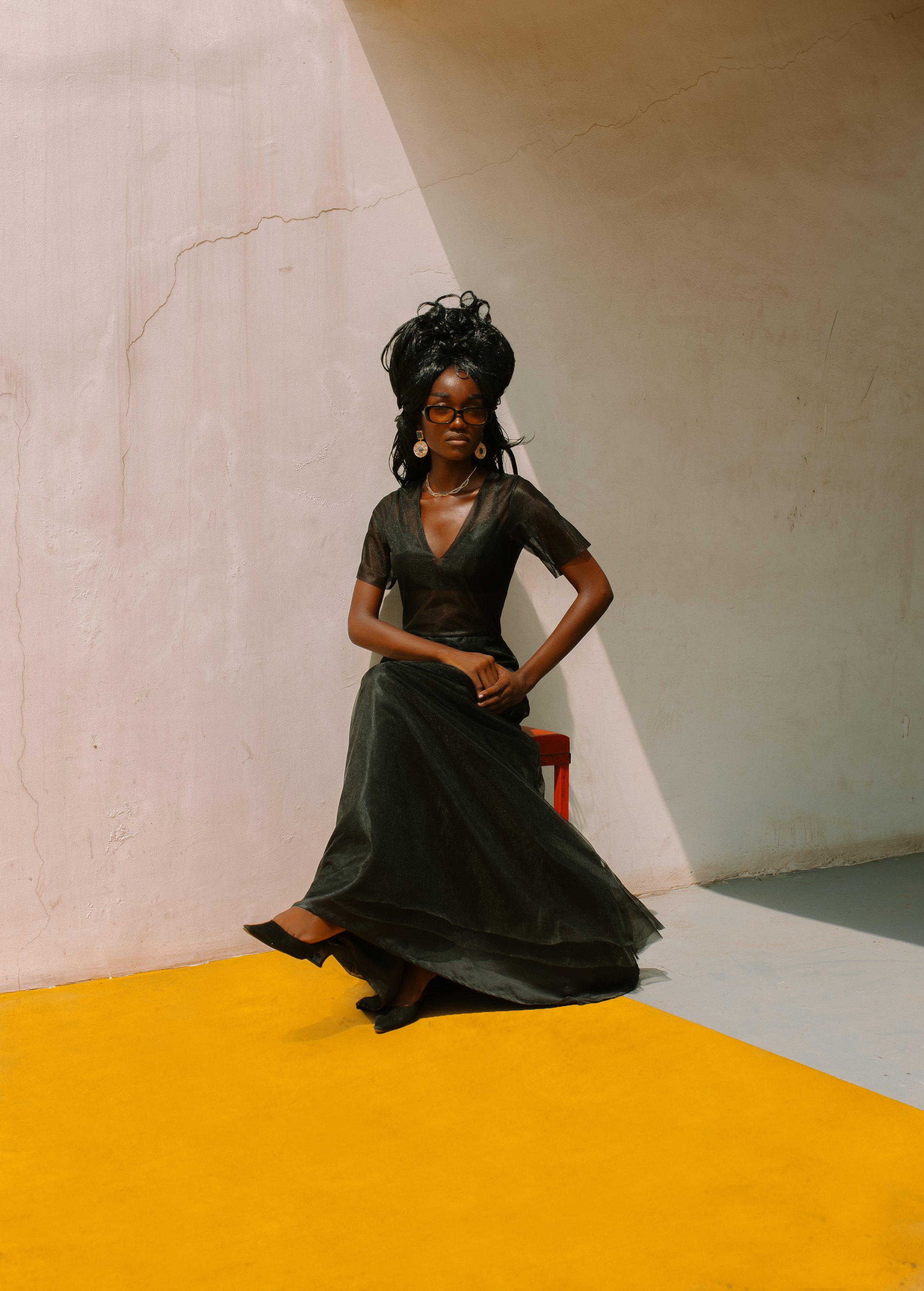
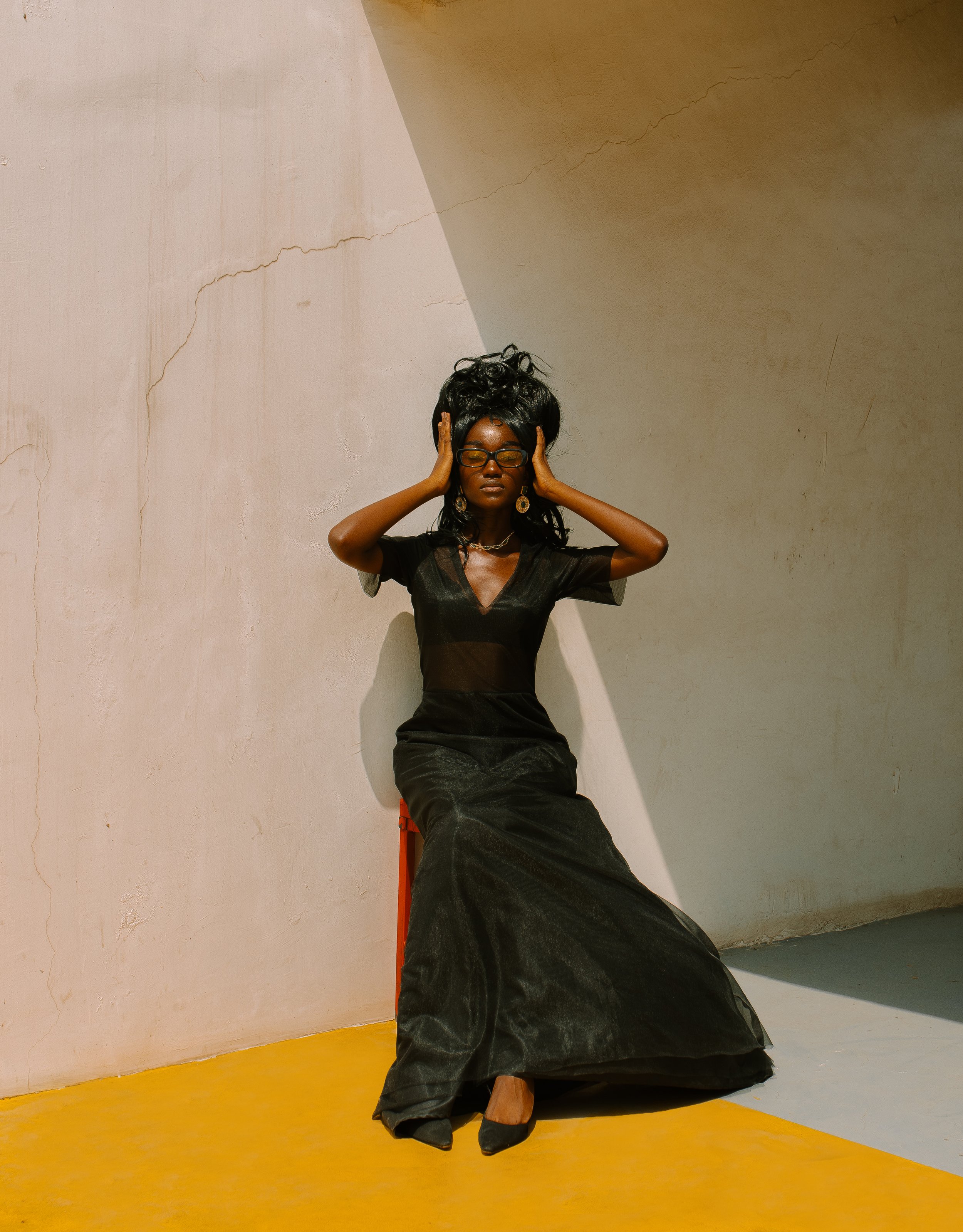

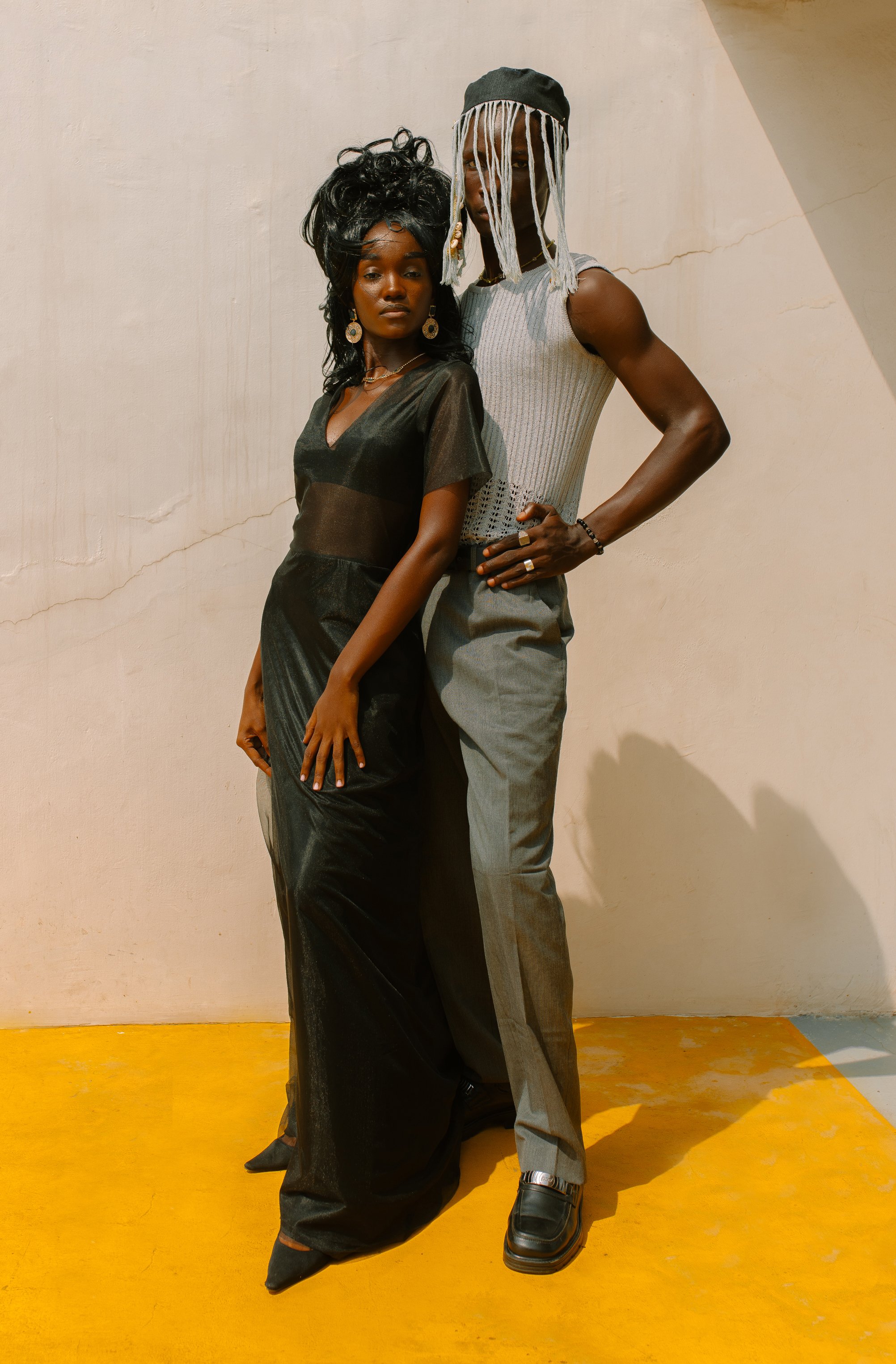
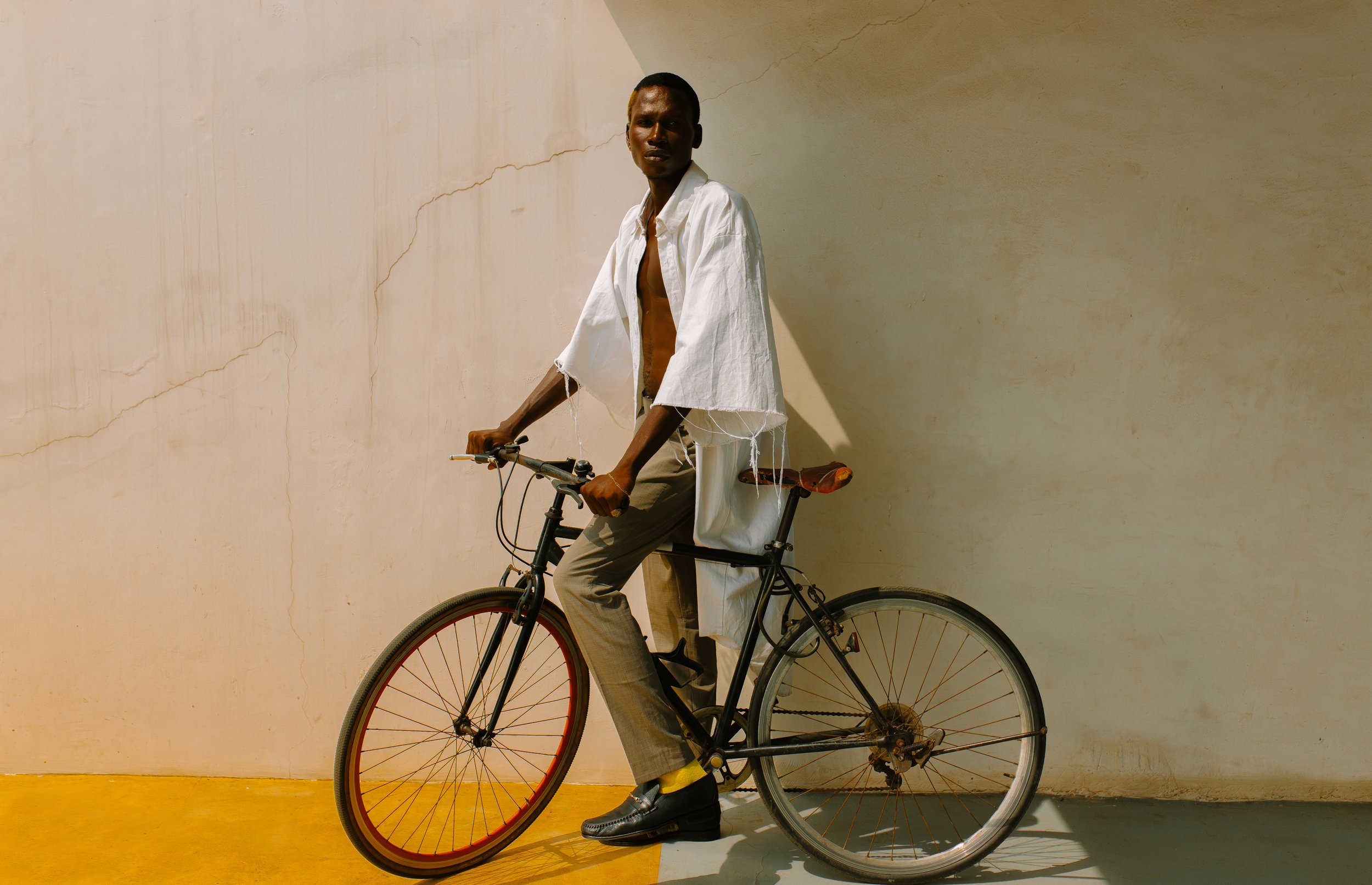


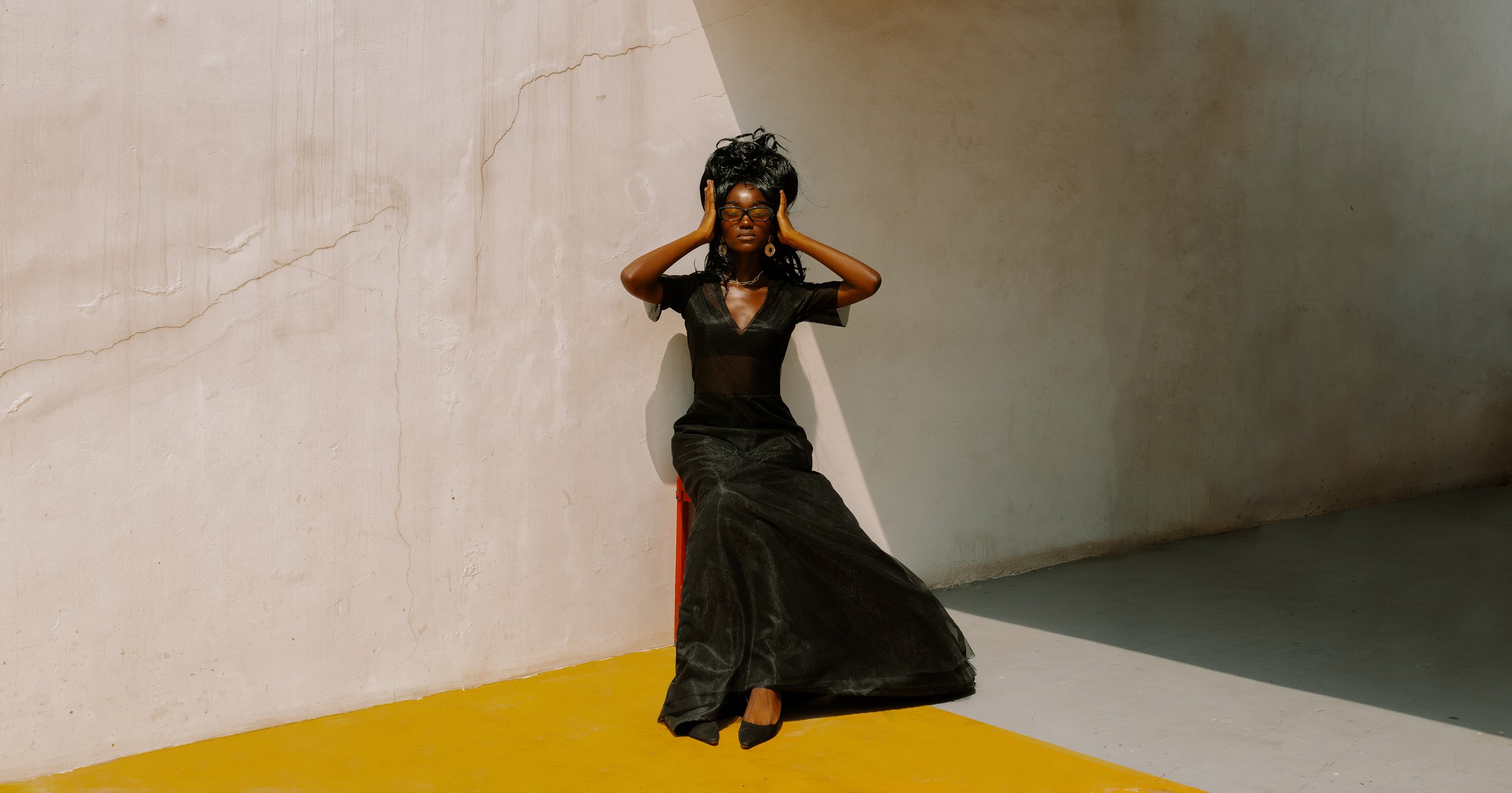

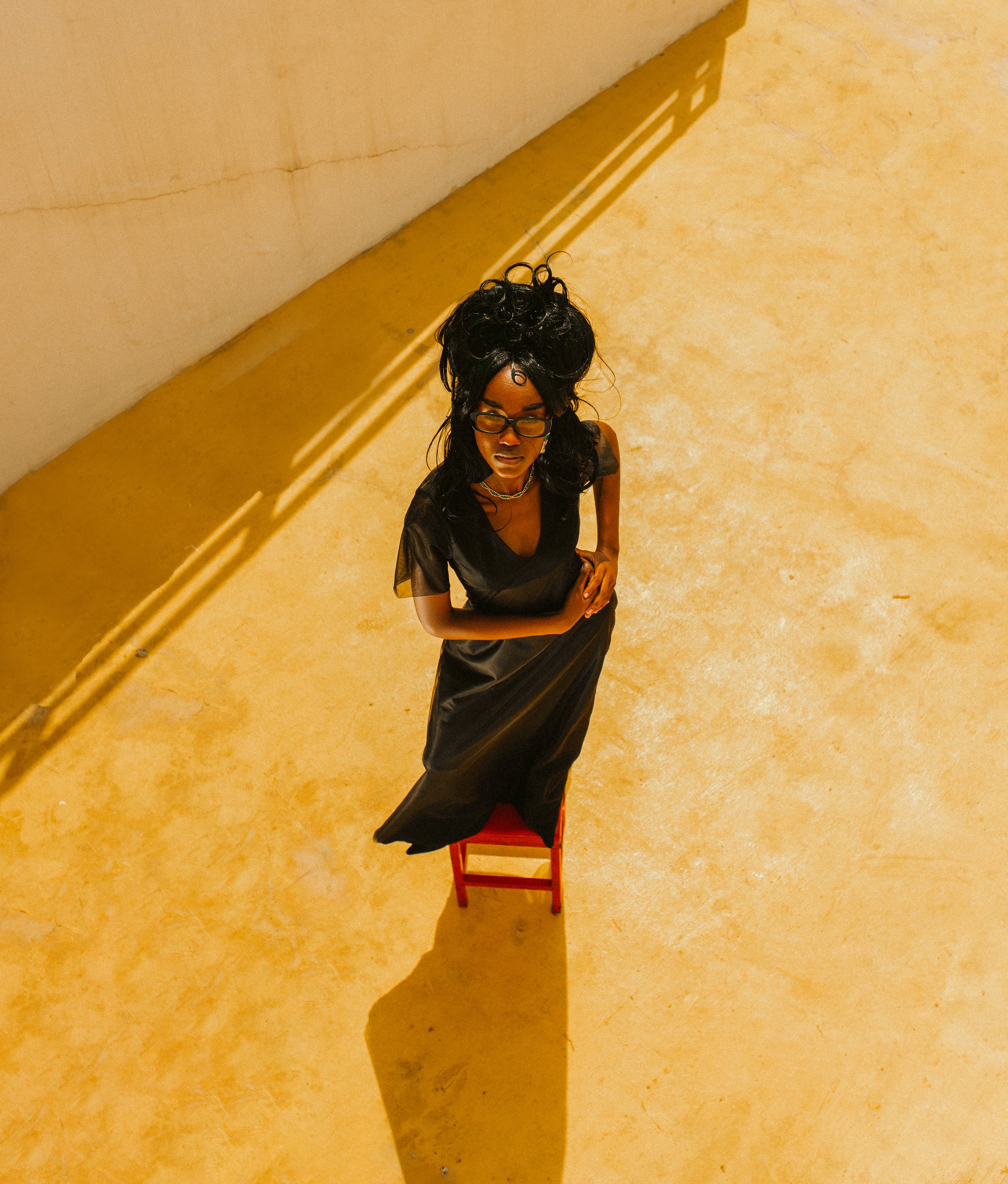


Marquis Bey, in Them Goon Rules, writes about Blackness’ innate capacity to challenge power’s normativity:
In between criminality and propriety lies Blackness, that quotidian practice of refusal, the middle finger to reconciliation, decorousness, and the demand to structure its raspy vocal timbre into something, anything, that sounds like verified music.
What is your response to the judge who demands that your music be verified?
What are the things that are judged when you walk into the room? Is it connected to the skin you cannot shed or hide, the unrelenting sin, the smell that wafts from behind your ears, or belly button, or underarms, or thigh-between? What gives you away? What charges do you face? What sentences are handed down? Or perhaps someone(s) else has served your time for you?
Consider how the judge’s (ridiculous) wig changes heads, and how we become the judge who hears the charges we make against ourselves and each other every day—too fat, too black, too poor, too loud, too fake—and must return a verdict. For this JUDGE issue, our un/cohered, unverified verdict comes via Madison Moore, with whose work we opened. You are hereby found to be fabulous, as in, part of the
dangerous, political, confrontational, risky, and largely (but certainly not only) practiced by queer, trans and transfeminine people of colour and other marginalised groups.
The sentence?
A commitment to practices of undoing and non-doing, to challenging power’s normativity, and turning the judging gaze back on itself.


